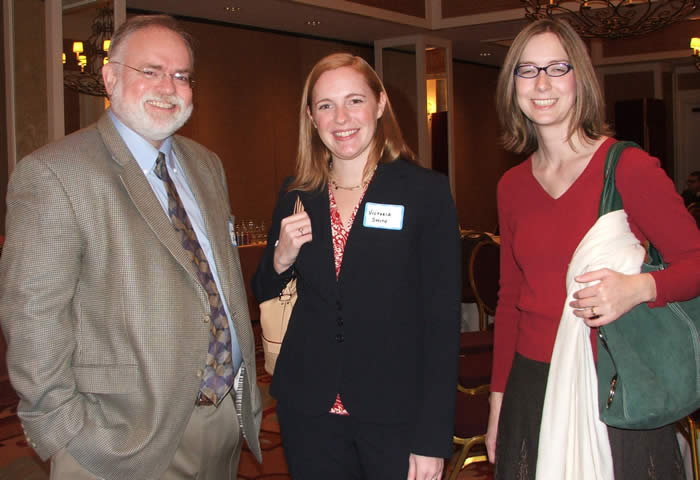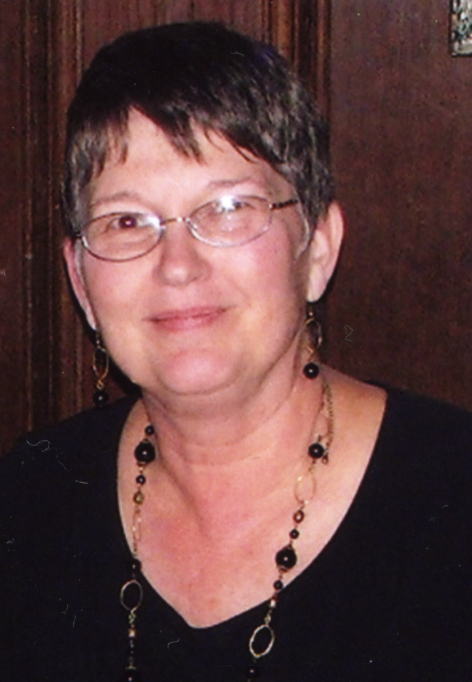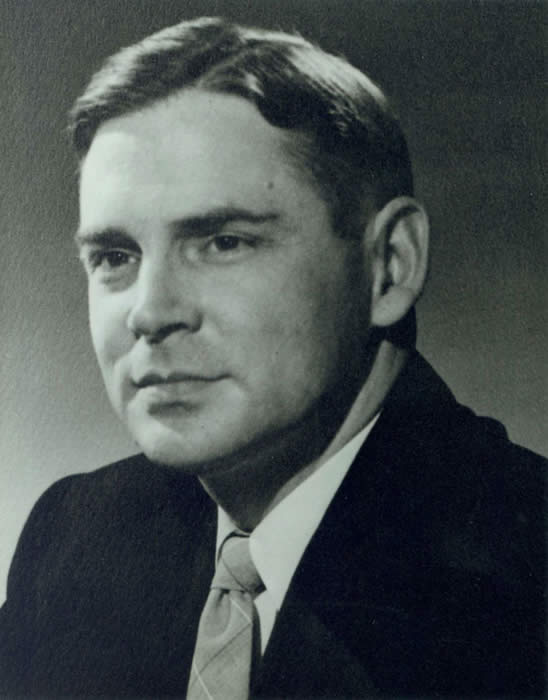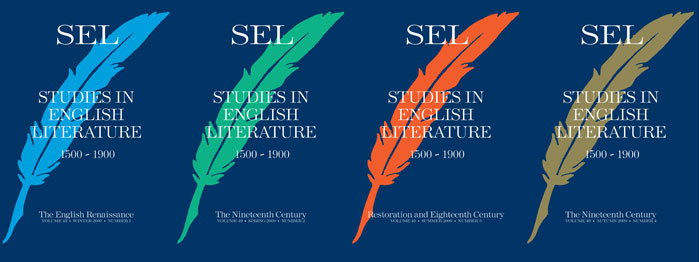Robert L. Patten succeeds Edward O. Doughtie as Editor; Doughtie joins Monroe Kirk Spears as a Consulting Editor.
1990-1999
Diana Hobby retires as Associate Editor; Logan D. Browning is appointed as her successor.
William B. Hunter argues in the Winter issue that De Doctrina Christiana may not be written by Milton; Barbara K. Lewalski and John T. Shawcross reply. Hunter adds to his case in Winter 1993 and is challenged by Maurice Kelley and Christopher Hill in Winter 1994.
Grant F. Scott publishes his article “The Muse in Chains: Keats, Durer, and the Politics of Form” in the Autumn issue.
 The Diana Hobby Fellowship, providing “funds for the support of graduate student editorial trainees,” is established. “It is the first endowed graduate fellowship established in English at Rice.” The first Diana Hobby Editorial Fellows begin their service with the Summer issue. They are Yvonne Bruce, Shannon Leonard, and Susannah Mintz.
The Diana Hobby Fellowship, providing “funds for the support of graduate student editorial trainees,” is established. “It is the first endowed graduate fellowship established in English at Rice.” The first Diana Hobby Editorial Fellows begin their service with the Summer issue. They are Yvonne Bruce, Shannon Leonard, and Susannah Mintz.
 Sally Hubbard retires as Associate Editor and Business Manager; K Krueger McDonald is appointed to the position.
Sally Hubbard retires as Associate Editor and Business Manager; K Krueger McDonald is appointed to the position.
Photo: K Krueger McDonald, SEL Studies in English Literature 1500–1900
Mark Womack’s article “On the Value of Lycidas” appears in the Winter issue.
The Monroe Kirk Spears Award is established to honor the career of the late Professor Monroe K. Spears, sometime editor of the Sewanee Review and Libbie Shearn Moody Professor Emeritus at Rice University. The Award recognizes the article published in each volume of SEL that achieves the qualities of clarity, economy, and felicity of expression, and that has given the editors the greatest pleasure to read.
 On 23 May, Monroe Kirk Spears dies. At the end of the year, Edward O. Doughtie moves from Consulting Editor to member of the Editorial Board.
On 23 May, Monroe Kirk Spears dies. At the end of the year, Edward O. Doughtie moves from Consulting Editor to member of the Editorial Board.
Photo: Monroe Kirk Spears, SEL Studies in English Literature 1500–1900
 SEL redesigns the cover, enlarging the feather logo and printing it in different colors for different issues: blue (Winter), green (Spring), red (Summer), gold (Autumn). Subscriptions cost $27.00 for individuals, $60.00 for institutions. SEL contracts with the Johns Hopkins University Press to handle the production, marketing and distribution of the journal, and to digitize current issues in the press’s Project MUSE. Average number of pages per volume over the decade: 883.
SEL redesigns the cover, enlarging the feather logo and printing it in different colors for different issues: blue (Winter), green (Spring), red (Summer), gold (Autumn). Subscriptions cost $27.00 for individuals, $60.00 for institutions. SEL contracts with the Johns Hopkins University Press to handle the production, marketing and distribution of the journal, and to digitize current issues in the press’s Project MUSE. Average number of pages per volume over the decade: 883.
Photo: Current cover scheme for SEL Studies in English Literature 1500–1900

